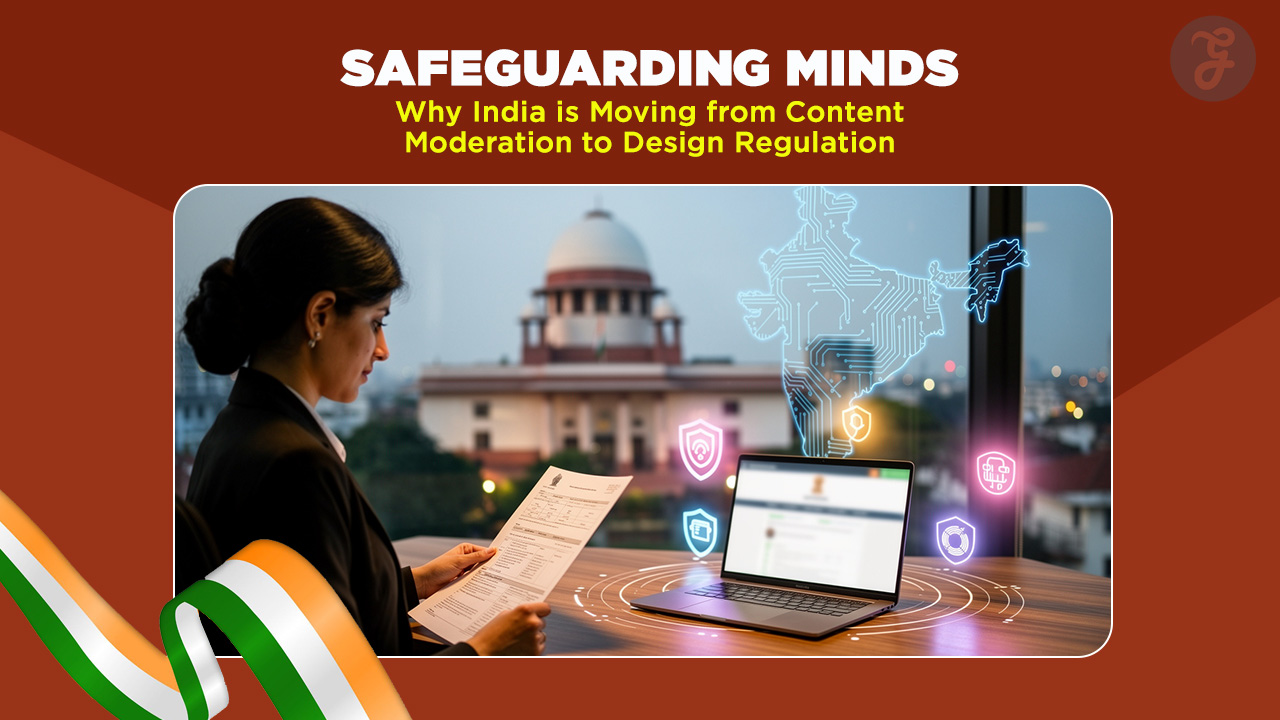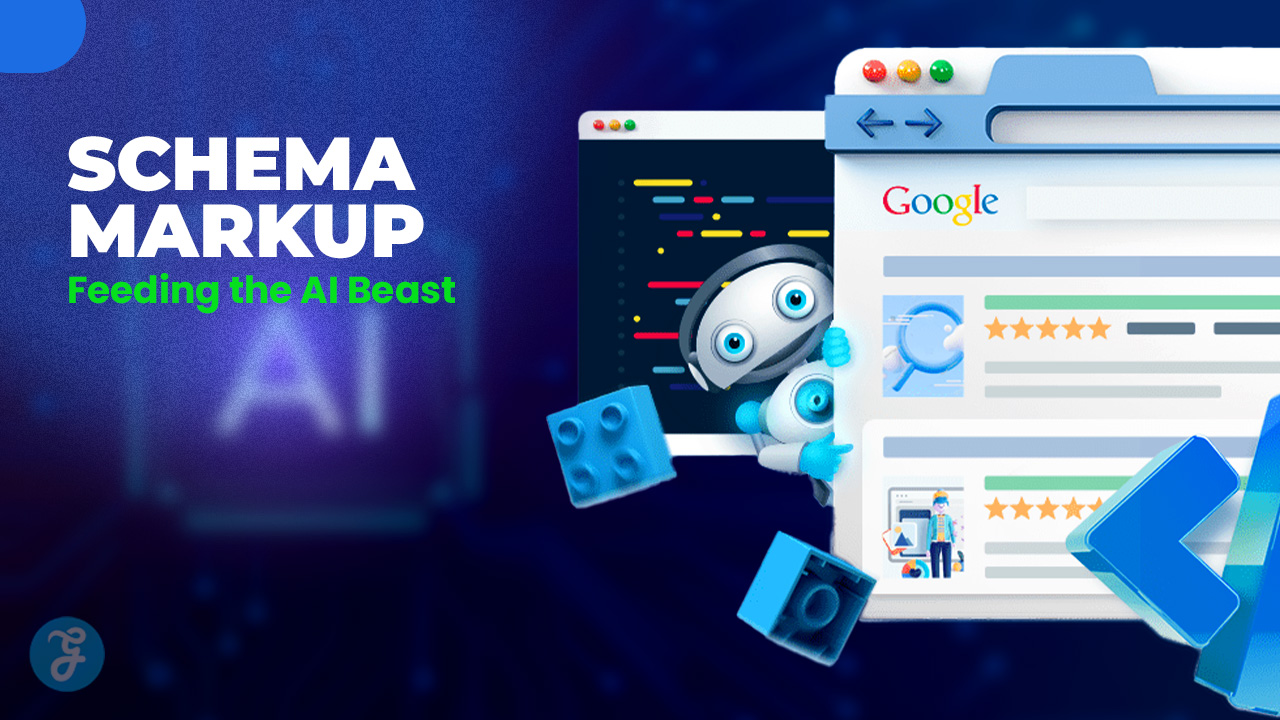In an era where technology has seamlessly woven itself into the fabric of our daily lives, online gaming has emerged as a surprisingly potent social lifeline. Gone are the days when gaming was perceived merely as a solitary, antisocial activity confined to dimly lit rooms. Today, it is a vibrant, dynamic ecosystem that fosters real-world relationships, offers emotional support, and creates communities transcending geographical boundaries.
The transformation of online gaming into a social hub can be traced back to the early 2000s with the advent of Massively Multiplayer Online Games (MMOs) like “rummy”. These platforms provided players with not just a game, but a world where they could collaborate, compete, and connect. The virtual landscapes became meeting places, akin to digital town squares, where friendships were forged and alliances built. Fast forward to the present day, and the spectrum of online gaming has expanded to include everything from casual mobile games to intense eSports competitions, all fostering social interactions.
Impact of Online Gaming to Social Lifestyle
One of the most significant contributions of online gaming to modern social life is its ability to bridge gaps. In a time when physical distancing and remote work have become the norm, games offer a venue where people can maintain social bonds. Multiplayer games like “rummy cash game,” “Among Us,” and “Apex Legends” provide platforms for friends and family to engage in shared activities, regardless of their physical locations. These games often include voice chat and messaging features, enabling players to communicate in real-time, strategize, and share moments of victory and defeat together.
Moreover, online gaming communities serve as crucial support networks. In many ways, these virtual spaces replicate the functions of traditional community centers, providing a sense of belonging and mutual support. For individuals who may feel isolated or marginalized in their offline lives, gaming communities offer a refuge where they can find like-minded individuals. Platforms such as Discord, Reddit, and Twitch have become integral parts of these ecosystems, offering forums for discussion, collaboration, and emotional support.
Inclusivity in the Online Gaming Industry
Unlike many social activities that can be limited by physical ability, age, or other factors, online gaming is largely accessible to anyone with an internet connection. This inclusivity has given rise to diverse communities where people of different backgrounds can interact and learn from one another. It has also led to a growing recognition of the need for safe and respectful gaming environments, prompting efforts to combat toxicity and harassment in online spaces.
Economic opportunities within the gaming world have also fostered social connectivity. The rise of professional gaming and content creation has given birth to new career paths and communities. eSports athletes, streamers, and content creators often cultivate large, engaged followings, creating micro-communities where fans can interact and share their passion for gaming. These personalities frequently use their platforms to raise awareness for various causes, engage in charity work, and promote positive social change.
The therapeutic potential of online gaming cannot be overlooked. Many games are designed to be immersive and engaging, offering a temporary escape from the stresses of everyday life. This aspect of gaming can be particularly beneficial for mental health, providing a way to unwind, de-stress, and find joy. Furthermore, collaborative games that require teamwork can enhance problem-solving skills, communication abilities, and even empathy, contributing positively to one’s social toolkit.
Critics often argue that online gaming can lead to addiction or social isolation. While these concerns are valid and warrant attention, they do not overshadow the profound positive impact that gaming can have when approached mindfully. The key lies in balance and responsible gaming habits, much like any other form of entertainment.
In conclusion, online gaming has evolved into much more than a pastime; it has become a vital social lifeline. It connects people across the globe, fosters supportive communities, and offers a sense of belonging in an increasingly fragmented world. As we navigate the complexities of modern life, the social dimension of gaming provides a reminder that human connection can thrive in the most unexpected places, even within the pixels of a digital world.





































